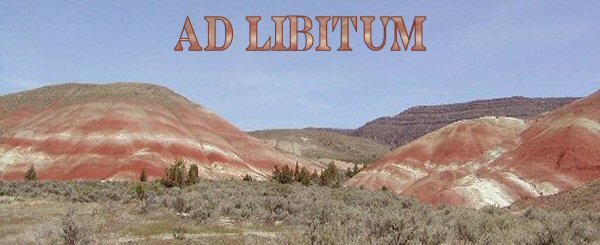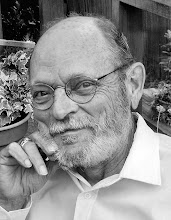It was before freeways. The roads between our starting point and our grandparents’ farm were 2-lane blacktop at best and unpaved single-lane country roads at worst. If Dad drove us in the summer, part of the way was closed for a “bridge out” because of spring floods. If we went at Christmas, a road was blocked by snow or a washout or mud. We never drove to the farm on the most direct route but came to “DETOUR” signs directing us to go around this block or that section or along this river to the next bridge.
“Oh, Boy!” my brothers chortled, “Another adventure!”
We kids sitting in the back seat knew then that the trip would extend an hour or two—because a detour meant we would get lost—especially after dark. Dad invariably missed a critical sign. Many times he must retrace his route miles back to the original “detour” sign and start over. He insisted the whole family stay awake and to please keep their eyes peeled for the tiny, dirty, orange signs on fence posts along the way, and to sing out if we saw one.
Always when we got to Grandpa and Grandma’s farmhouse they came out carrying lanterns; anxious to hear about the detour that had caused the delay this time. There was a hot meal for us to eat just minutes away when we got there. Always we kids fell asleep in strange beds upstairs listening to the comfortable grown-up voices down in the kitchen, telling stories and catching up on events since our last visit.
Sunday, May 10, 2009
Subscribe to:
Post Comments (Atom)


1 comment:
Similar story, different location; In the great Mississippi River floodplain (excellent soil for corn and wheat especially) in a little town of 450 population (East Carondelet, Illinois, which was on the river side of the levee (which was across the GM&O and I.C. tracks, and two miles to civilization, the railroad town of Dupo--a major railroad marshalling yard during WWII).
Luckily the old iron bridge never went out, although during the great floods of '43 and '47 we were moved into railroad cars just on the other side of the levee along the old Illinois Central tracks. I remember gathering coal (which was frequently dropped along the tracks, those being the steam engine days) for the pot-bellied stove in the middle of the boxcar. My mother, grandmother and us kids joined several other families from 'across the levee' in these, and lived in them until it was safe to move back in to the two-story home belonging to my grandmother, and where we lived while dad and my uncles were off fighting the war.
I thought it was an adventure; it wasn't so easy for grandma, especially, though.
Jim
Post a Comment